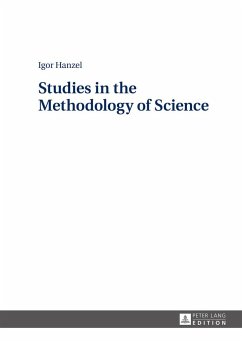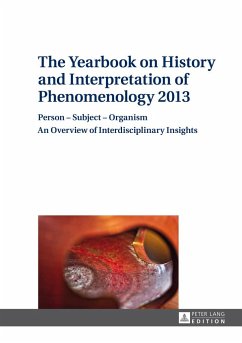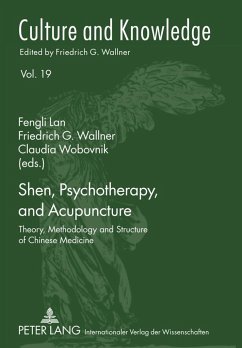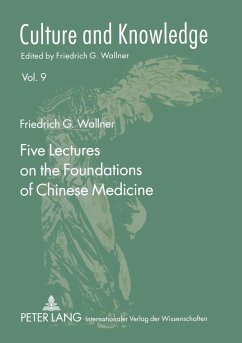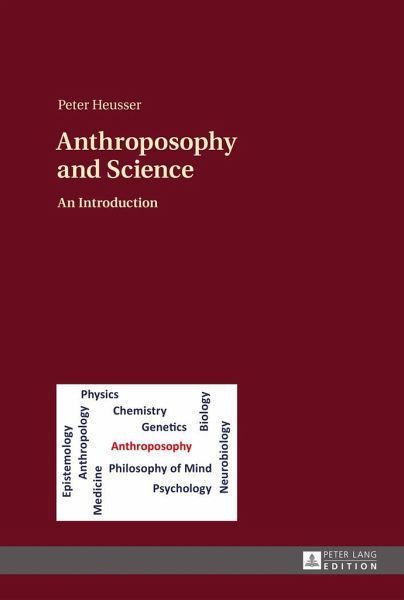
Anthroposophy and Science
An Introduction
Versandkostenfrei!
Sofort lieferbar
80,20 €
inkl. MwSt.

PAYBACK Punkte
0 °P sammeln!
This book is the first thorough introduction into the scientific basis of anthroposophy and anthroposophical medicine in the context of academic science. On a sound epistemological basis and in the context of current debates it analyses basic concepts of physics, chemistry, genetics, morphogenesis, biology, neurobiology, psychology, and philosophy of mind, with an emphasis on the problems of life, mind-body interactions, and free will. The result is a non-reductionistic anthropology acknowledging the emergent properties of body, life, soul, and spirit as equally real entities. This concurs wit...
This book is the first thorough introduction into the scientific basis of anthroposophy and anthroposophical medicine in the context of academic science. On a sound epistemological basis and in the context of current debates it analyses basic concepts of physics, chemistry, genetics, morphogenesis, biology, neurobiology, psychology, and philosophy of mind, with an emphasis on the problems of life, mind-body interactions, and free will. The result is a non-reductionistic anthropology acknowledging the emergent properties of body, life, soul, and spirit as equally real entities. This concurs with the basic concepts of anthroposophy and anthroposophical medicine, the justification of which is discussed in relation to the history and methodology of science as well as evidence based medicine.






